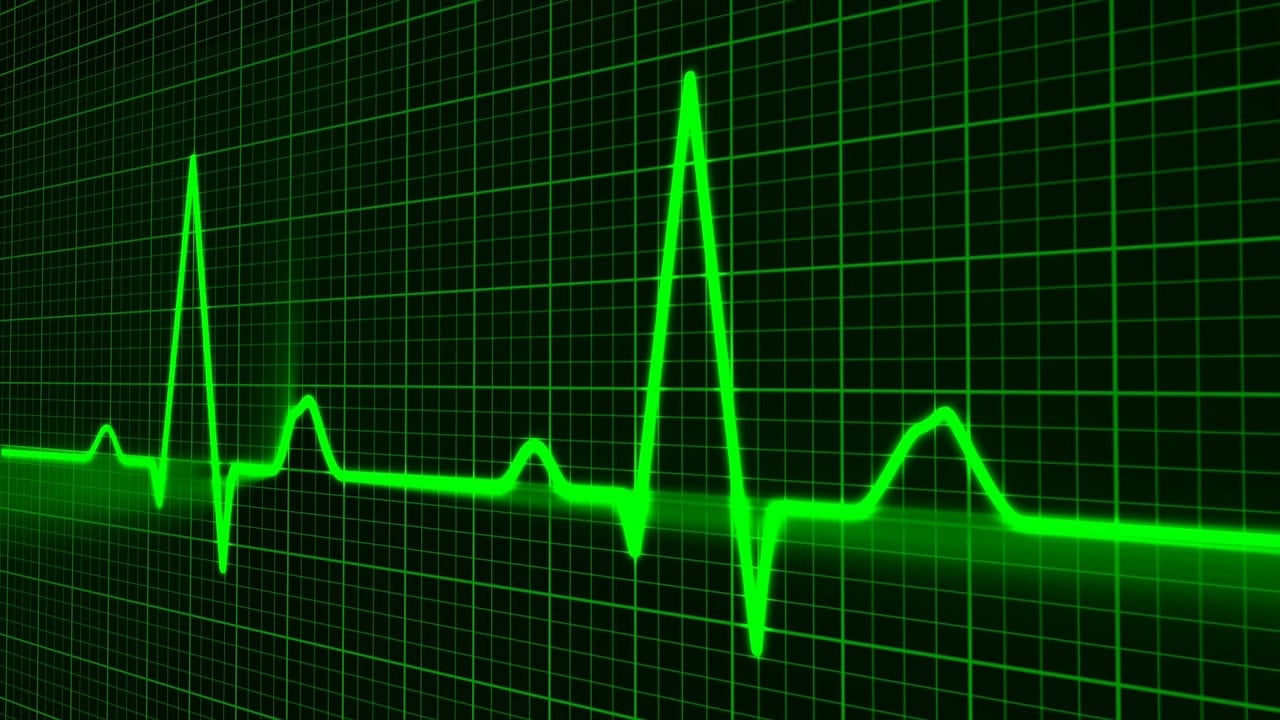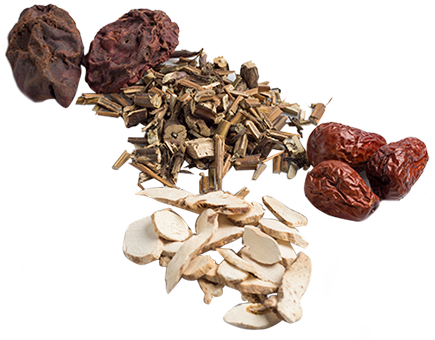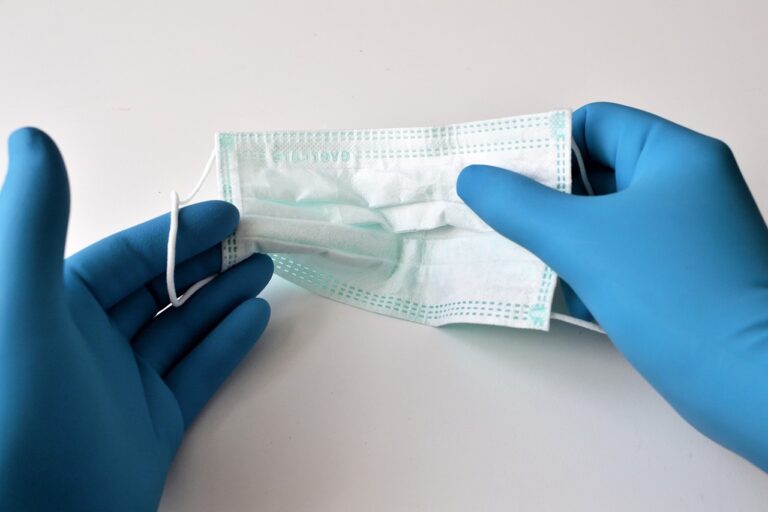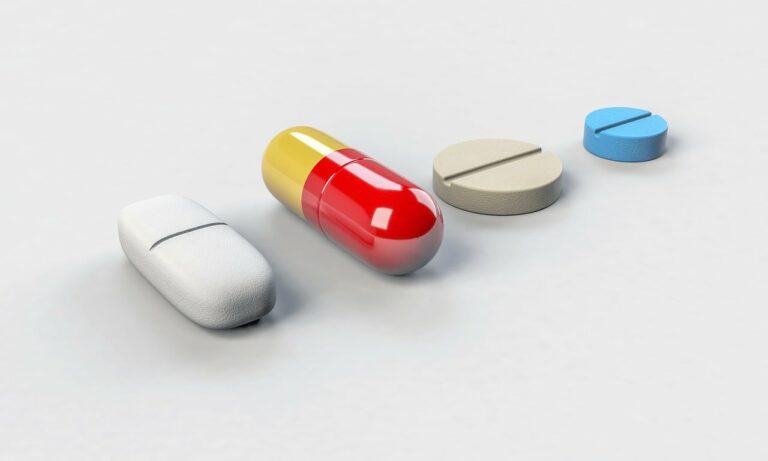Strategies for Improving Digestive Health Naturally
A healthy digestive system often exhibits regular bowel movements that are neither too hard nor too loose. Stools are typically well-formed and easy to pass, indicating proper digestion and absorption of nutrients. Furthermore, individuals with optimal digestive health usually experience minimal bloating, gas, and discomfort after eating, as their gastrointestinal tract functions smoothly.
In addition to physical symptoms, a healthy digestive system also contributes to overall well-being. People with a well-functioning digestion tend to have more energy, clearer skin, and improved mood. This connection between gut health and mental health highlights the importance of maintaining a balanced and efficient digestive system for overall health and wellness.
Foods to Incorporate for Better Digestive Health
Incorporating fiber-rich foods into your daily diet can greatly improve your digestive health. Foods such as fruits, vegetables, whole grains, and legumes are excellent sources of dietary fiber that can promote regular bowel movements and prevent constipation. Additionally, probiotic-rich foods like yogurt, kefir, and sauerkraut can help maintain a healthy balance of gut bacteria, supporting optimal digestion.
Hydration is another key factor in promoting good digestive health. Drinking an adequate amount of water throughout the day helps keep the digestive system running smoothly by aiding in the breakdown of food and absorption of nutrients. Herbal teas and infused water are also great options to stay hydrated while adding a flavorful twist to your beverages. Remember to listen to your body’s thirst cues and make a conscious effort to stay well-hydrated for optimal digestive function.
The Importance of Hydration for Digestion
Staying hydrated is crucial for maintaining a healthy digestive system. Water plays a key role in aiding the digestion and absorption of nutrients from the food we eat. Without proper hydration, our digestive system can become sluggish, leading to issues like constipation and bloating. Drinking an adequate amount of water throughout the day helps keep things moving smoothly through our digestive tract.
In addition to water, other hydrating fluids like herbal teas and clear soups can also contribute to overall hydration levels in the body. These fluids not only help in digestion but also assist in breaking down food more effectively. Incorporating hydrating foods like fruits and vegetables with high water content can further support optimal digestive function. Remember, keeping well-hydrated is essential for ensuring your digestive system functions properly and efficiently.
How does hydration impact digestion?
Hydration plays a crucial role in digestion as it helps to soften and break down food, making it easier for the body to absorb nutrients. It also helps to keep the digestive system running smoothly and prevents issues like constipation.
How much water should I drink to support digestion?
It is recommended to drink at least 8-10 cups of water per day to support proper digestion. However, individual water needs may vary based on factors such as age, weight, and activity level.
Can dehydration affect digestion?
Yes, dehydration can have a negative impact on digestion. When the body is dehydrated, it can lead to slower digestion, constipation, and other digestive issues. It is important to stay adequately hydrated to support optimal digestion.
Are there any signs that indicate poor digestion?
Yes, some signs of poor digestion include bloating, gas, constipation, diarrhea, and stomach pain. If you are experiencing any of these symptoms regularly, it may be a sign that your digestion needs improvement.
What are some hydration tips for better digestion?
Some tips for staying hydrated for better digestion include carrying a water bottle with you throughout the day, drinking water before meals, and consuming hydrating foods like fruits and vegetables. It’s also important to listen to your body’s thirst cues and drink water when you are feeling thirsty.







